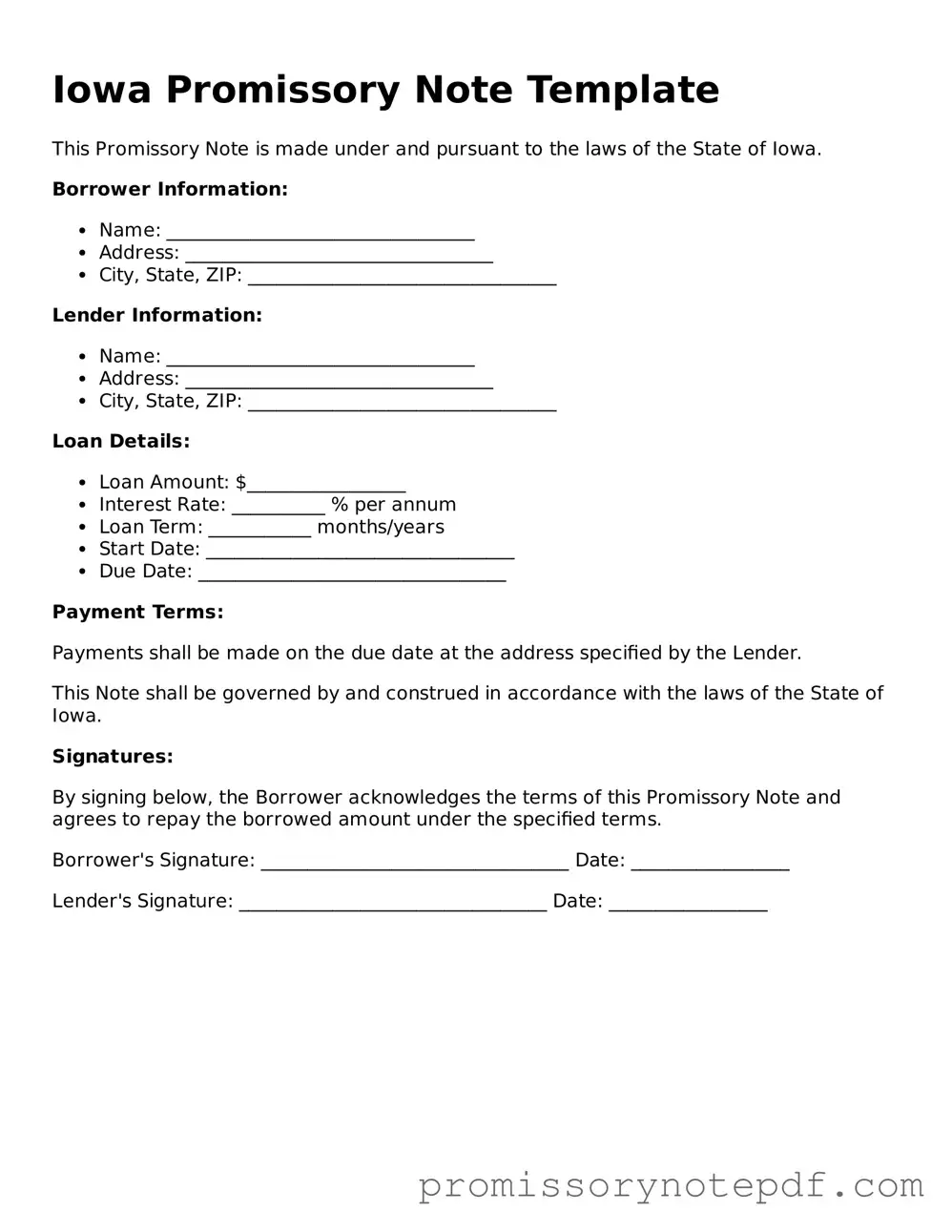A promissory note is a written promise to pay a specified amount of money to a designated person or entity at a defined time. Similar to a promissory note, a loan agreement outlines the terms of a loan, including the amount borrowed, the interest rate, and the repayment schedule. This document is often more comprehensive, detailing the rights and obligations of both the borrower and the lender, thus providing additional legal protections for both parties.
A personal loan agreement is another document that shares similarities with a promissory note. It serves as a contract between individuals who agree to lend and borrow money. Like a promissory note, it specifies the loan amount, interest rate, and repayment terms. However, personal loan agreements often include clauses related to collateral, default conditions, and remedies, offering a more detailed framework for the transaction.
A mortgage is a specific type of promissory note used when purchasing real estate. In this case, the borrower agrees to repay a loan while the property serves as collateral. The mortgage document also outlines the lender's rights in case of default, providing an added layer of security for the lender compared to a standard promissory note.
An installment agreement is similar to a promissory note in that it involves a series of payments over time. This document outlines the payment schedule, including the amount and frequency of payments. While a promissory note may simply state the total amount owed, an installment agreement breaks it down into manageable parts, making it easier for the borrower to understand their obligations.
A business loan agreement is akin to a promissory note but is specifically tailored for business transactions. It details the loan amount, interest rates, and repayment terms, just like a personal promissory note. However, it often includes additional provisions related to business operations, such as financial covenants and conditions for default, reflecting the complexities of business financing.
A credit agreement is another document that resembles a promissory note. This agreement outlines the terms under which credit is extended to a borrower. While a promissory note is a straightforward promise to pay, a credit agreement may include various terms related to credit limits, fees, and repayment conditions, making it a more detailed financial document.
A lease agreement can also be compared to a promissory note, particularly in the context of rental payments. In a lease, the tenant agrees to pay rent over a specified period, similar to how a borrower agrees to repay a loan. Both documents establish a financial obligation, but a lease agreement typically includes additional terms regarding property use and maintenance responsibilities.
Finally, a debt settlement agreement is similar to a promissory note in that it involves the resolution of a debt. This document outlines the terms under which a borrower agrees to pay a reduced amount to settle their debt. While a promissory note indicates a commitment to repay the full amount, a debt settlement agreement reflects a negotiation to resolve the debt for less than the original amount owed, highlighting the flexibility in financial agreements.
